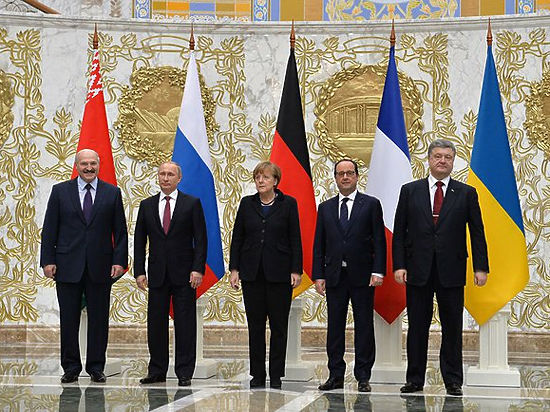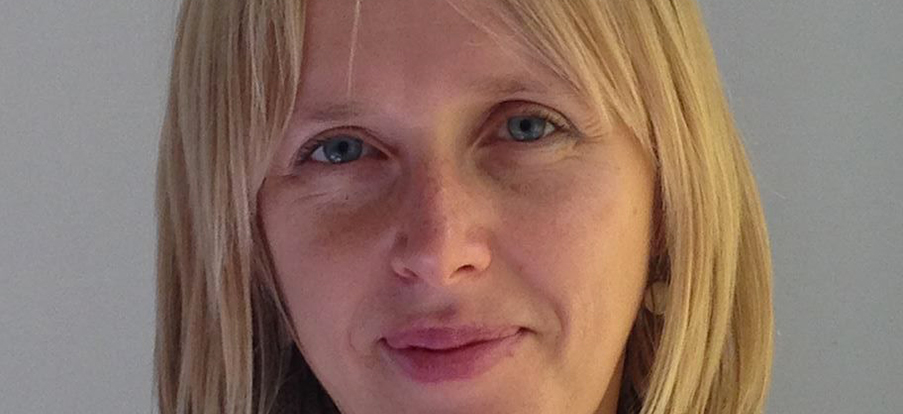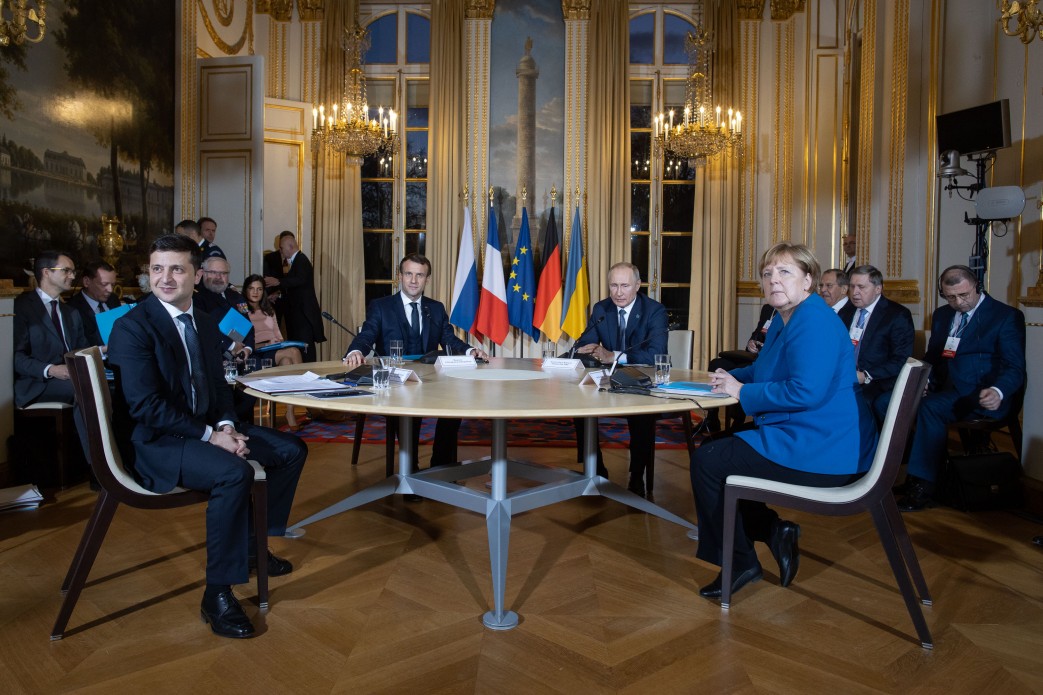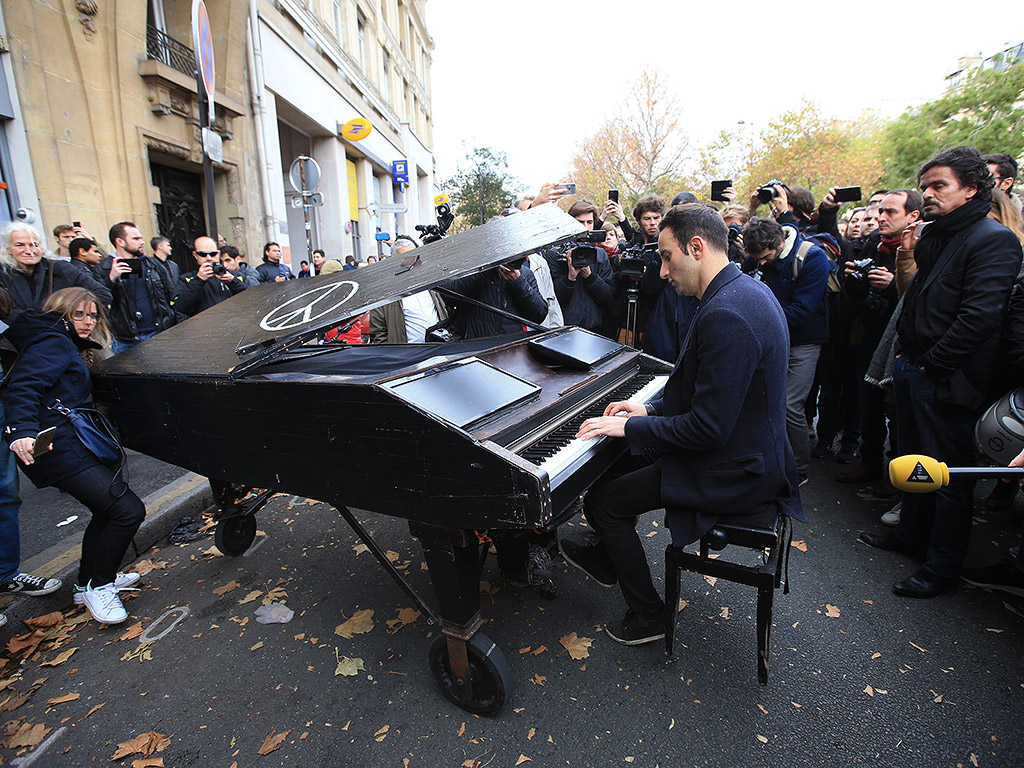Vladimir Putin’s Anschluss of Crimea and continuing aggression against Ukraine means that Ukrainians will never again accept ethnic Russians as “a fraternal people” or be prepared to defer to Moscow unless they are compelled to by forces beyond the capacity of today’s Russia to field. Instead, they will continue to pursue their European choice.
That puts Putin in a difficult position, but he appears to have found a way out, one whose implications some leaders in the West have ignored or may not even understand. By involving them in talks about undermining the integrity of Ukraine, Putin is laying the groundwork for Ukrainian hostility to Europe as well.
Such antagonism to Europe will not mean that Ukrainians will want to turn to Russia instead, at least not anytime soon. But any such hostility will mean that Ukraine will remain caught between Moscow and the West, not taken in by either and thus ever weaker, more divided, and more subject to manipulation by various means--overt and covert--by Moscow.
That Western leaders like German Chancellor Angela Merkel and French President Hollande should have fallen for this trap laid by Putin is appalling not only in terms of its immediate impact but even more because of its long-term consequences, but that the Kremlin leader should set it makes perfect sense from his point of view.
Those conclusions are suggested by “Moskovsky komsomolets”
which notes that not Russia alone but it together with France and Germany are now involved with Kyiv in the beginning of “the decentralization of Ukraine,” something the Moscow outlet clearly celebrates.
The paper reports that the three countries, along with Ukraine, have “discussed the beginning of the work of a special group in Minsk which will be concerned with the preparation of local elections in special regions of the Donbas,” thus giving to Putin yet another victory over Ukraine through the involvement of Western pressure.
It notes happily that yesterday “it became known that Poroshenko had signed a decree about the creation of a Constitutional Commission which is needed for “the development of agreed upon proposals for the perfecting of the Constitution of Ukraine taking into account contemporary challenges and requirements of society.”
And it concludes with the words of Mikhail Pogrebinsky, head of the Kyiv Center for Political Research and Conflict Studies, that Poroshenko is moving in this direction because “foreign players including the European Union want this,” again a source of influence Putin may be glad to get but that the EU should not be giving to an aggressor.





